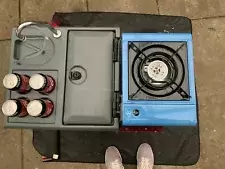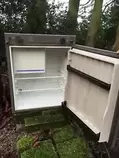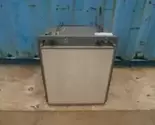Motorhome
| Campervan Breakers | Camper Parts | Camper Windows | Campervan Bed | Renault Trafic Rock And Roll Bed | Campervan Bathroom Pods | Camper Fridge | Campervan Breakers Yard | Campervan Accessories | Campervan Scrap Yard | Camper Van | Campervan Shower Toilet Cubicle UK | Campervan Bathroom Pods | Camper Fridge | Conversions |
| Campervan Breakers | Camper Parts | Camper Windows | Campervan Bed | Renault Trafic Rock And Roll Bed | Campervan Bathroom Pods | Camper Fridge | Campervan Breakers Yard | Campervan Accessories | Campervan Scrap Yard | Camper Van | Campervan Shower Toilet Cubicle UK | Campervan Bathroom Pods | Camper Fridge | Conversions |






